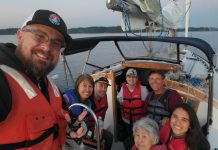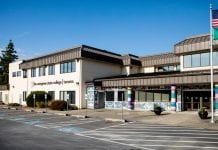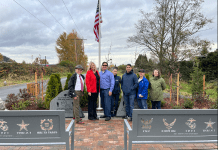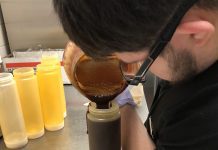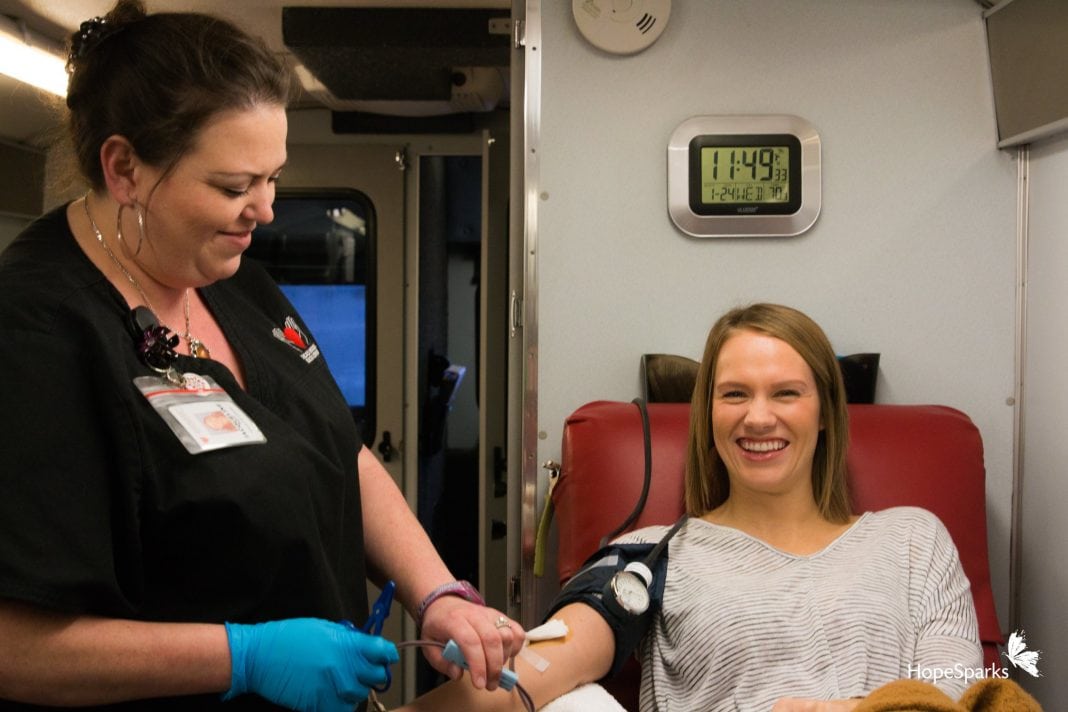Every two seconds, somebody in the United States is in need of blood. While we live in a time where we have instant access to an endless list of resources, this life source cannot be manufactured, requiring the help of generous donors. Cascade Regional Blood Services (CRBS) has been supplying MultiCare hospitals and health centers throughout Pierce County and South King County with life-saving blood donations since 1946.
“Blood donations help treat cancer patients, newborn babies and mothers delivering babies, patients undergoing orthopedic and cardiovascular surgeries, organ and marrow transplants, burn victims, traumatic accident victims, and many more,” Candy Morrison of Cascade Regional Blood Services tells us. “Over 170 pediatric heart surgeries and other special procedures are conducted annually at MultiCare Mary Bridge Children’s Hospital and Health Center, and the hospitals look to Cascade Regional Blood Services to supply the necessary blood products.”
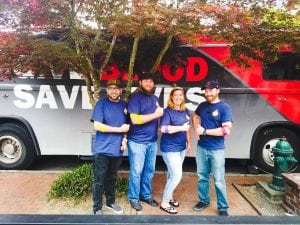
However, blood centers around the nation are in urgent need of more donors and are asking Millennials to step up to the task. Why Millennials? “Unfortunately, many regular donors are aging out of the donor pool, and blood services across the country are reporting that too few young people are stepping up to replace them,” Candy states. “Currently, about 60 percent of blood donations are made by people over 40 years old, and of these, three-quarters come from people over 50.”
During World War II, previous generations viewed giving back as their civic responsibility and made a commitment to donating blood regularly. This mentality was passed along to their children, who continued to follow in their footsteps, but each generation since has steadily decreased giving blood.
“Millennials and young adults can change that trend,” Candy explains. “Thirty percent of blood collected is from high school and college students. Which is fantastic! However, when schools are not in session, the blood supply drops dramatically, making the holidays and summer months very challenging to keep an adequate supply for our area hospitals.
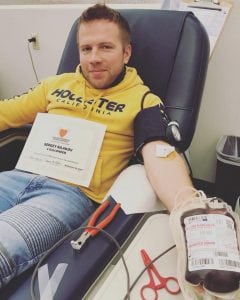
With 1 in 7 people entering hospitals in need of a blood transfusion, it is important that we educate our children, students and young adults on the importance of giving back and paying if forward. We typically find that it isn’t that they do not want to donate; they don’t fully understand the fundamental importance of donating regularly.”
While the need for new donors is nationwide, Cascade Regional Blood Services is feeling the same urgency right here our South Sound communities. Last December, CSBR was quick to respond when the Amtrak passenger train devastatingly derailed, leaving victims in peril. “A courier from Madigan Hospital was at our Tacoma Donor Center within minutes and transported 51 units of blood for the victims of this tragic event,” Candy states. “Had we not had donors in the weeks leading up to this tragedy, we, as a community, would have not been prepared to help our neighbors.”
Calling all Millennials! Give back to those in need right here in our own community by becoming a whole blood donor. Our area’s blood supply is 100% provided by volunteer blood donors. According to Cascade Regional Blood Services, 15% of non-donors say they are just too busy, and 17% of non-donors say they haven’t given blood because they simply haven’t thought about it.
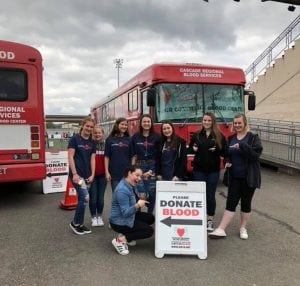
A standard blood donation will take 40–50 minutes of your time and will collect about one pint of blood. All donations are sent off to a lab to undergo testing and are distributed to one of our local MultiCare hospitals. Volunteers are encouraged to donate every eight weeks and can stop by one of Cascade Regional Blood Service’s donor centers in Tacoma, Federal Way and Puyallup, or donate at a blood drive in your area.
“In emergencies, it’s the blood on the shelves that saves lives. Every blood donation is rigorously tested for viruses and diseases to ensure the safety of blood supplied by CRBS, which takes time. We need the blood readily available to transport to area hospitals,” Candy explains. “The common thread that connects us all is blood. You never know if you or someone you know will suddenly need a blood transfusion, so it is important that people donate on a regular basis to keep an adequate supply readily available.”
To learn more about becoming a blood donor, visit Cascade Regional Blood Service’s website or stop by one of their three local donor centers.
Sponsored





